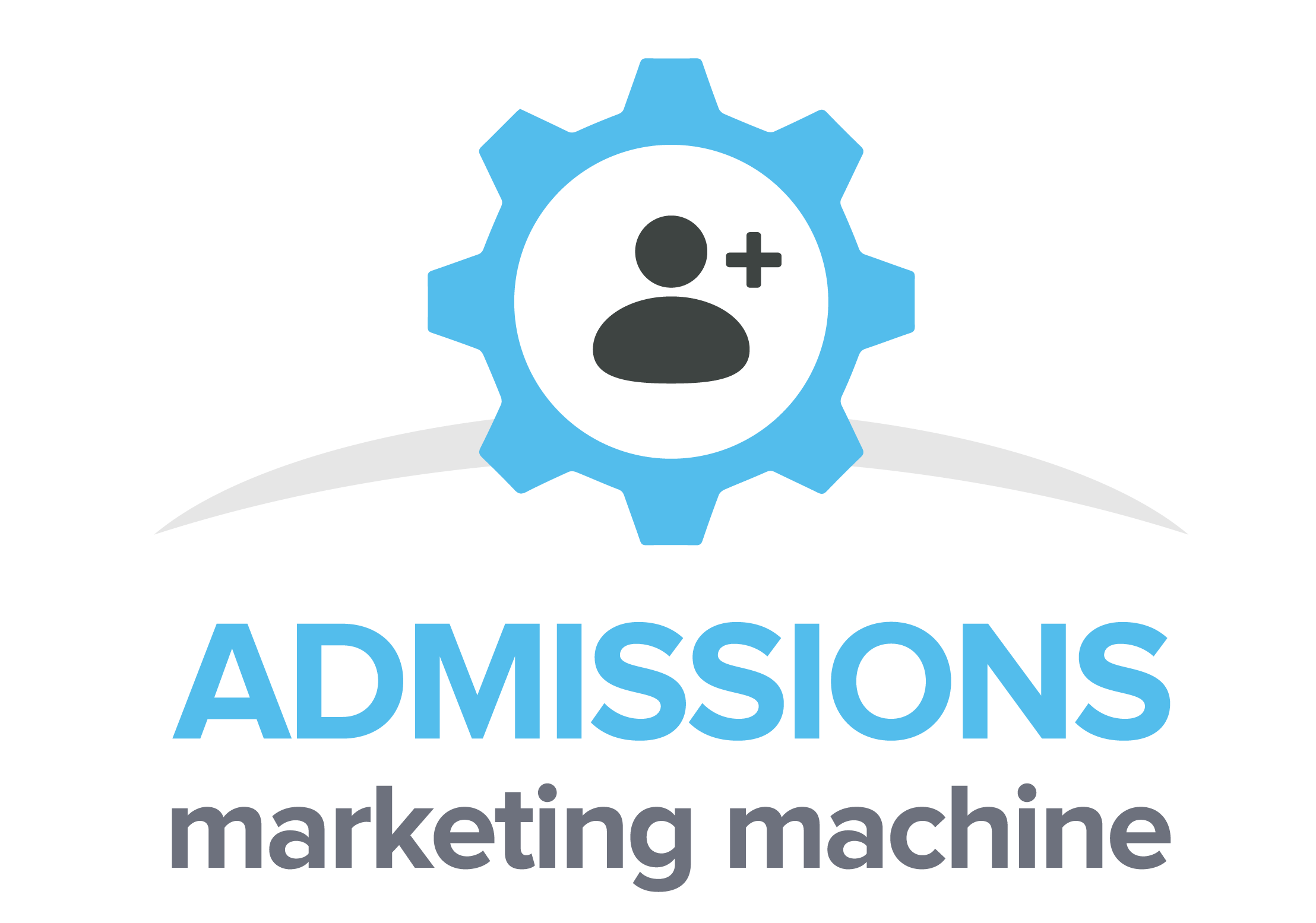Programs exhaust themselves trying to impress parents — polished buildings, credential lists, perfect language, clinical jargon, and endless reassurances that they’re “the best.”
But parents aren’t looking to be impressed. They’re looking for someone who finally understands what the hell they’re going through.
Parents Aren’t Shopping for Prestige — They’re Searching for Relief
Most programs still believe admissions is a performance. They load the stage with:
- beautiful campus photos
- long explanations about clinical models
- charts, phases, and modalities
- accreditations and badges
- a flawless, overly sanitized message
Here’s the truth: none of that matters until parents feel understood.
They’re not hunting for a résumé. They’re hunting for someone who can read the situation they’re drowning in.
They don’t need a tour guide through your features.
They need someone who can articulate their chaos better than they can.
Understanding Creates Safety — And Safety Creates Movement
Parents are emotionally overloaded long before they ever reach you.
They show up carrying:
- fear of making the wrong decision
- guilt for not fixing things sooner
- shame for how bad things have gotten
- months of late-night Google searches they barely trust
- a story they’ve never fully told out loud
What they want isn’t a sales pitch.
It’s someone who says, implicitly and explicitly:
“I see where you are. I understand the spiral you’re in. And here’s how we’re going to get you out.”
That one shift — from “impress” to “understand” — is the difference between families freezing and families moving.
Your Goal Isn’t to Prove You’re Good. It’s to Prove You Get It.
The programs that thrive don’t flex their credentials first.
They connect the emotional dots parents have been trying to connect alone.
They listen before they explain.
They interpret before they educate.
They stabilize before they sell.
And most importantly — they reflect the parent’s real experience back to them with clarity, accuracy, and zero judgment.
Why Programs Lose Families Without Even Knowing It
Most programs unintentionally create distance instead of connection:
- their language is clinical instead of human
- their message is about themselves instead of the family
- their website talks like a grant application, not a guide
- their staff “educates” instead of empathizes
Parents don’t need a dissertation.
They need a lifeline.
And if the first impression is “we’re impressive,” they often vanish — not because you’re wrong, but because they don’t feel seen.
They don’t say no.
They just disappear.
Silence.
No callback.
No follow-up.
Just gone.
The Programs That Win Communicate Like This
Here’s what leaders in this industry do differently:
1. They speak to the parent’s emotional world, not their own operational world.
2. They mirror back the family’s experience with accuracy and empathy.
3. They name the fears families can’t articulate.
4. They reduce shame before they offer solutions.
5. They make the parent feel less alone — long before they make the pitch.
Parents will choose the program that understands their world more deeply than they understand your world.
Stop Trying to Impress — Start Helping Them Breathe
This is the heart of it:
Parents don’t buy the program that looks the best. They buy the one that makes them feel the most understood.
Impressing them is optional.
Understanding them is mandatory.
When you stop performing for parents and start partnering with them, everything shifts:
- calls go longer
- tours convert higher
- families move faster
- admissions stop stalling
This is how you become the program families choose on purpose — not by shining the brightest, but by seeing them the clearest.















